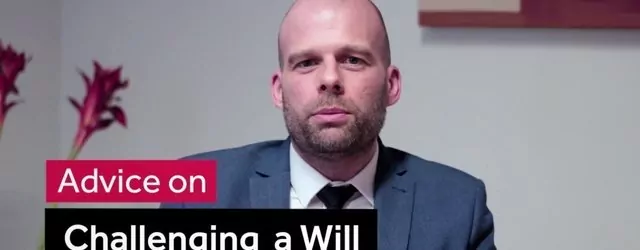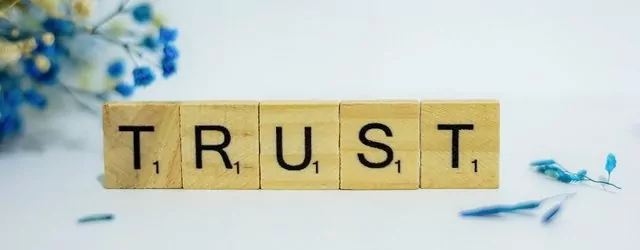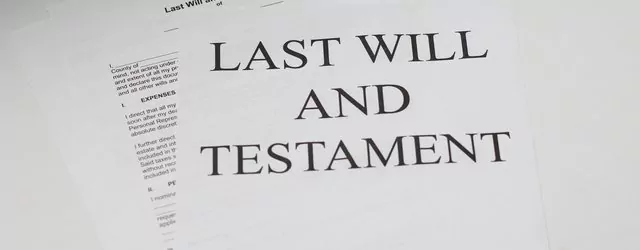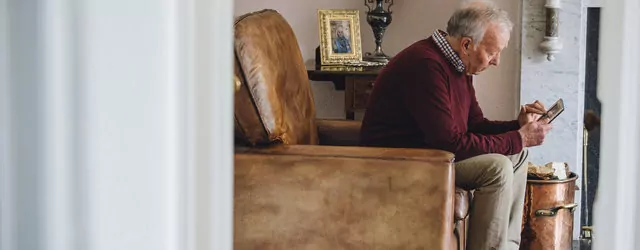
DIY Will Disaster: How Poor Drafting Led to Probate Problems
A poorly drafted DIY Will led to probate delays and legal uncertainty. Learn how our Probate solicitors in Sheffield helped the family navigate the fallout and protect their rights.

Why Using a Professional Will Solicitor in Sheffield Matters More Than Ever
If you haven’t made a will yet—or if you’ve used a DIY service—it’s time to think again. With more people than ever challenging wills in court, having your will written by a professional will solicitor in Sheffield is no longer just a good idea—it’s essential.

How will your spending habits change in retirement?
It will come as a surprise to nobody that retirement is one of the biggest lifestyle changes you’ll ever experience. But as your priorities shift and the free time available to you increases, what you might not be as aware of is the way in which your spending habits are likely to alter too.

How to Make a Will
Making a Will is commonly associated as something you do in later life however, in reality anyone over the age of 18 can have a Will and we would strongly recommend it to anyone with children.
To help you get started, here are a few things you should think about when making a Will.

Challenging a Will
We know that challenging a will can be a really stressful and emotional time so in this video our Head of Dispute Resolution, Rob Stubbs, covers the options available to you. This includes how you can challenge the validity of a will and your options under the Inheritance (Provision for Family and Dependents) Act.

Why do you need to change your Will when you divorce?
Writing Wills during a marriage that leaves everything to each other upon death is very common, but what happens to that Will should you decide to end the marriage and get divorced?

Types Of Wills Explained
Kathryn Wheeldon discuses the different types of Wills that are available, and how to decide which one to choose.

Trust Registration Service
If you are a Trustee, you need to be aware that new rules came into force in October 2020 extending the requirement to register Trusts with the Trust Registration Service (TRS).

Intestacy Rules - What happens when there is no Will?
If your loved one dies without leaving a valid Will, there are strict rules in place known as the ‘Intestacy Rules’ which decide how their estate is divided.

Trust Registration Service (TRS) - Important information for Trustees
If you are a Trustee, you need to be aware that new rules came into force in October 2020 extending the requirement to register Trusts with the Trust Registration Service (TRS).

Judge rules to uphold deathbed Will
The England & Wales High Court has upheld a Will executed on his deathbed by a man who left everything to his long-term partner. Lee Foster, Director and Will Dispute specialist said, “The law provides individuals with wide discretion on how their estate should be distributed on their death; although there are specific circumstances under which this discretion can be challenged”.

Legacy gifts remain vital to charity income
The charitable sector has been hit particularly hard in recent months, with statistics released by Pro Bono Economics showing that one in 10 charities in the UK is likely to be bankrupt by the end of the year. With increased demand for services and limited fundraising capabilities, the sector is struggling to fill the £10bn shortfall required to keep it afloat.

Wills - The importance of getting it right
The Coronavirus has affected everyone in many different ways, but one thing is for sure, it has provided a reminder to many of us about the importance of having our personal affairs in order. For most people this process starts by writing a Will.

Intestacy: What Happens if I Don't Have a Will?
We are getting a lot of questions from clients around this topic at the moment, so we thought that an article outlining the intestacy rules would help to guide you.

Producing a valid Will whilst social distancing
The last few weeks have forced us all to change the way that we live our lives. From working, to schooling, to socialising and even shopping – we have had to adapt. There is no doubt that technology has played a big part in allowing us to adapt and indeed stay somewhat connected to the loved ones that we cannot meet in person.

New service for identifying charitable bequests
A new system alerting charities to when they have been left money in wills is to be established by HM Courts and Tribunals Service (HMCTS) following a decision to end its current arrangement.
Don’t forget your digital legacy
When we think about what we leave behind when we die, the majority of us take an approach that gives little regard to the vast amount of digital assets we hold.

Online Life = Digital Legacy
We all increasingly live our lives online whether it be through various social media profiles to paperless billing for your gas and electricity account. When you’re in control, there’s no denying it makes life simple and even if you lose or forget your password, a link will be sent to your email account and within seconds you’re back in control.

The steps cohabiting couples should take when drawing up a will
There’s no denying the huge steps forward seen in creating equality for same-sex couples in the UK during the 21st Century, first with the Civil Partnership Act 2004 and then the Marriage (Same Sex Couples) Act 2013. However, as heterosexual couples have marriage as the only option open to them to make their relationship formal, there have been suggestions of a new inequality having now been created. A legal challenge by mixed-sex couple Rebecca Steinfield and Charles Keidan to be able to enter into a civil partnership instead of a marriage was unsuccessful earlier this year, meaning it’s unlikely the situation will change for heterosexual couples in the near future.

Wills and Planning for the Inevitable
Research just published underlines how ill-prepared most people are in terms of their end of life planning.

The Jones Family: Family Wills Bundle
Wills for everyone in the family can be expensive. Read about our exclusive Family Wills Bundle offer, easily explained by the Jones family, here!

The ‘cost of dying’ is now racing ahead of the rate of inflation
Recent research has revealed that the cost of dying is now the fastest rising fixed cost in the UK, ahead of costs of living including rent, utilities and food.

What Happens if I Don't Have a Will?
What’s the worst that could happen if you don’t have a Will? Our expert Wills solicitors have explain what can happen, in simple terms, in our guide.



